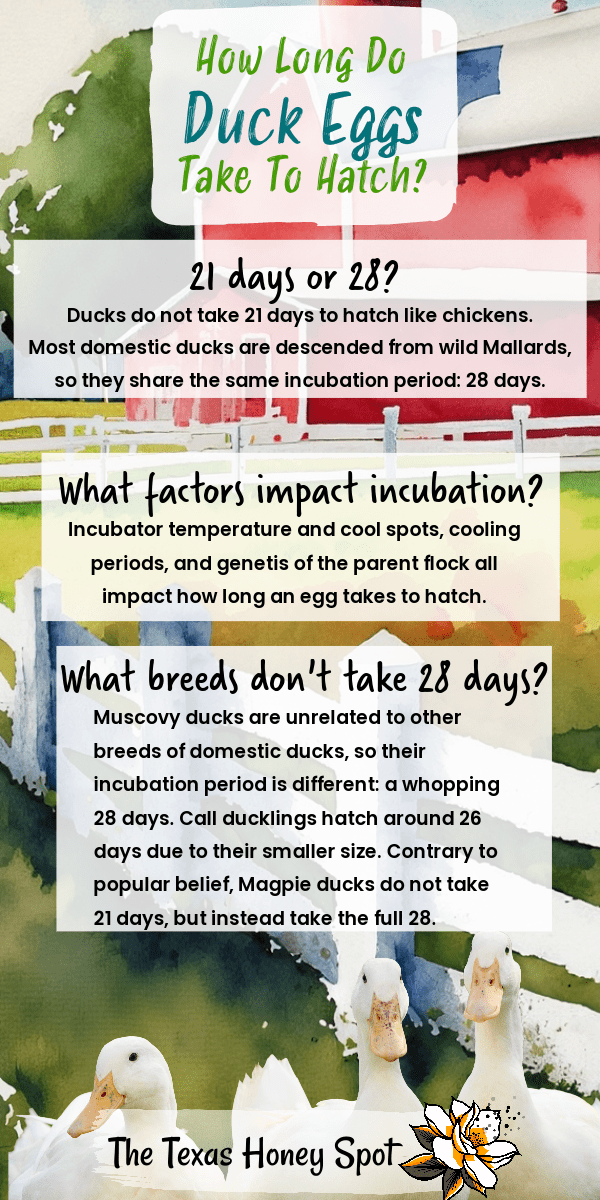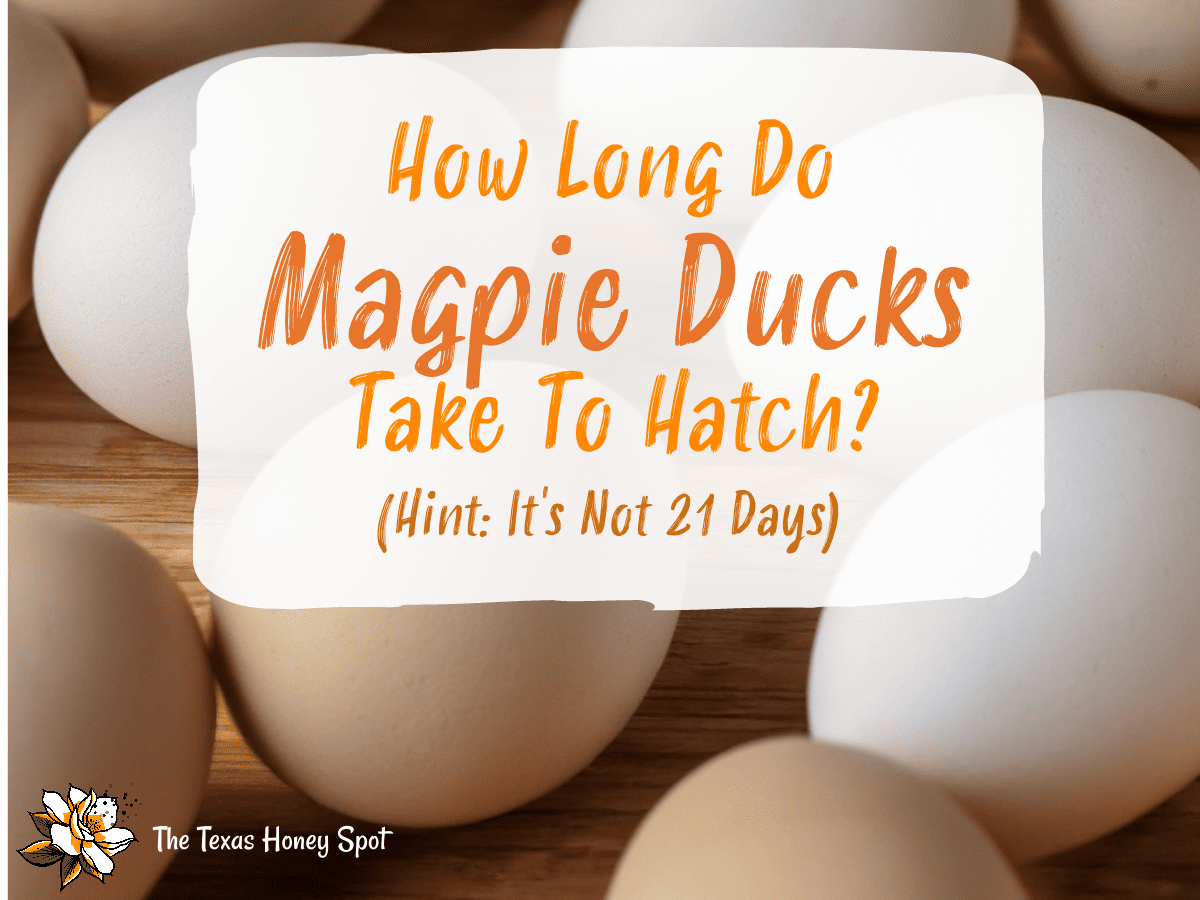Last Updated: Mon, Jun 2, 2025
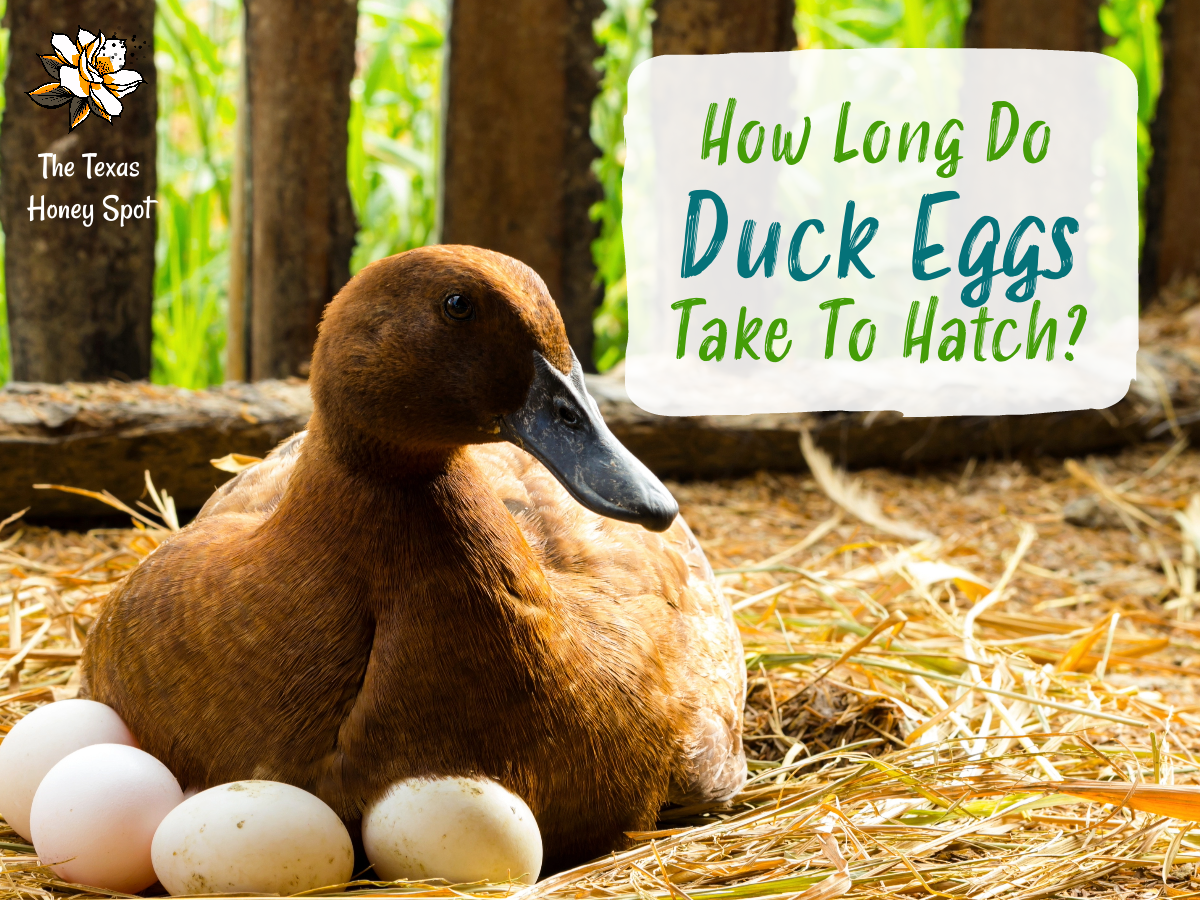
What Wild Mallard Genetics Can Tell Us About Duck Incubation
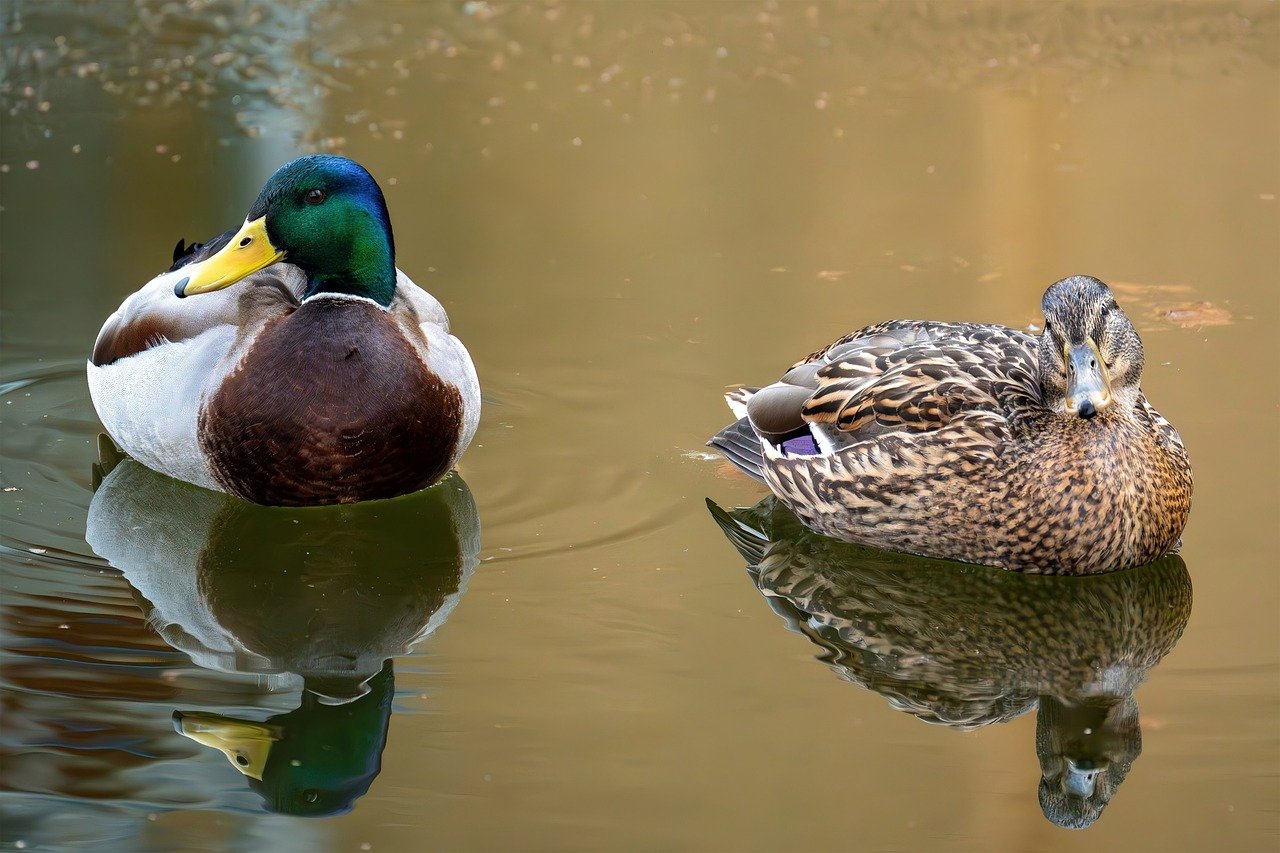
Which Ducks Are Descended From Mallards (And Have The Same Incubation Periods)
Most domestic ducks we raise today trace their lineage back to the wild Mallard. This species is native to the Northern Hemisphere and is incredibly adaptable, it thrives in wetlands, ponds, city parks, and remote marshes alike. Because of that adaptability, Mallards became the genetic foundation for many duck breeds we know now, including Pekins, Rouens, Khaki Campbells, and Indian Runners.
There’s one major exception: the Muscovy. Unlike the other breeds, Muscovies aren’t descended from Mallards at all; they come from an entirely different lineage native to Central and South America. This genetic divide helps explain why their eggs behave a little differently during incubation, something we’ll cover in more detail later.
Here are a few more duck breeds with Mallard roots:
Magpie
Ancona
Cayuga
Welsh Harlequin
Buff or Orpington
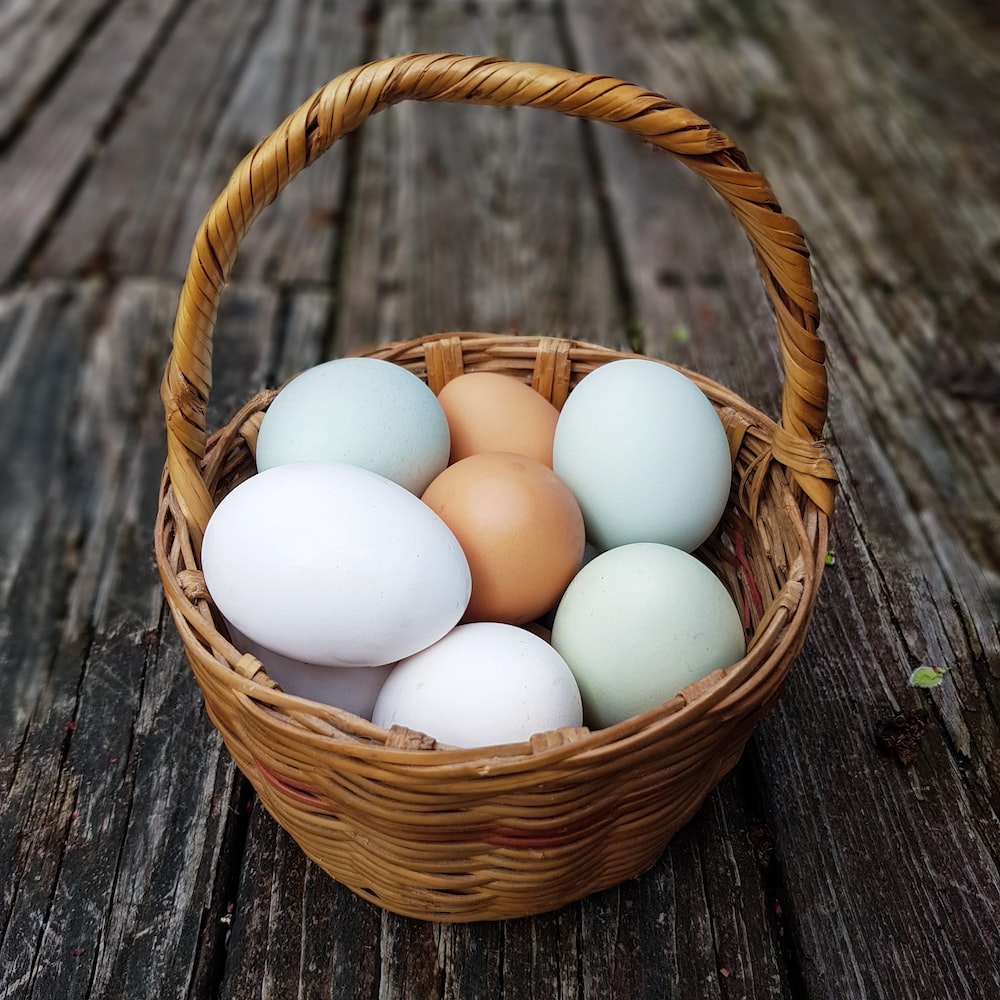
How Long Is A Mallard's Incubation Period?
In the wild, Mallards typically nest in spring and lay a clutch of 8 to 13 eggs. These eggs are incubated by the hen alone, and she doesn’t begin sitting until all the eggs are laid, which helps them hatch at the same time. From then, it takes about 28 days until ducklings hatch out of the eggs!
While 28 days is the regular, the timeline can shift a little:
Factors like individual family genetics, egg handling, and outdoor temperature can shift the timeline
Even within a single clutch, individual eggs may hatch a few hours or days apart
Understanding the Mallard's incubation pattern gives you a baseline for setting expectations for your domestic duck.
Critical Factors That Affect Incubation Time At Home
Incubation Temperature: An average part of degree up or down across the whole incubation period can either fast-forward or hit pause on the incubation. This means that eggs incubated at higher temperatures can cumulatively take a day or even several days less to hatch than its identical counterpart that is incubated at a lower temperature.
Incubator Personality: Yup, incubators have personalities! Some are consistent, some fluctuate, and that can make a day or two difference. Specifically, some incubators have "cool spots" such as the Farm Innovators styrofoam incubators that are popular with beginner hatchers. Eggs that are in the cool spots on the corners and in the front row may take a few days longer to hatch than the eggs in the middle.
Flock-Specific Genetics: Ducks, like us, come with unique genetics. The eggs from our own flock of Magpies usually like to hatch on day 26. Many of our customers are surprised by this, even though we warn them ahead of time on our incubation cheat sheet that we provide. The eggs that you may get from other breeders will have their own genetics and might have a slightly different incubation timeline, but for the most part, you'll see hatches happen within 2-3 days on either side of that 28 day mark.
How To Account For Discrepancies In Incubation Time
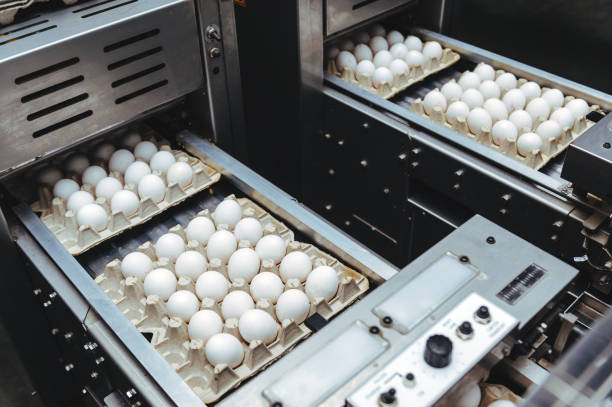
While I definitely recommend reaching out to the breeder you got the eggs from and getting incubation and lockdown instructions from them, the best way to know when to put your incubator into lockdown is by candling eggs. Candling eggs can be done with a candling device or, if you're an experienced hatcher, you can use a flashlight. If you're not sure how to candle eggs, there's a wealth of videos online that can show you how.
Special Cases: Which Breeds Don't Take 28 Days
Not every duck follows the same hatching timeline. While most domestic breeds stick close to one predictable range, a few outliers need different treatment in your incubator. These special cases are important to know about, especially if you're incubating multiple breeds at once or trying to plan a hatch date. Let's take a closer look at the most common exceptions.
Muscovy Duck Incubation Time
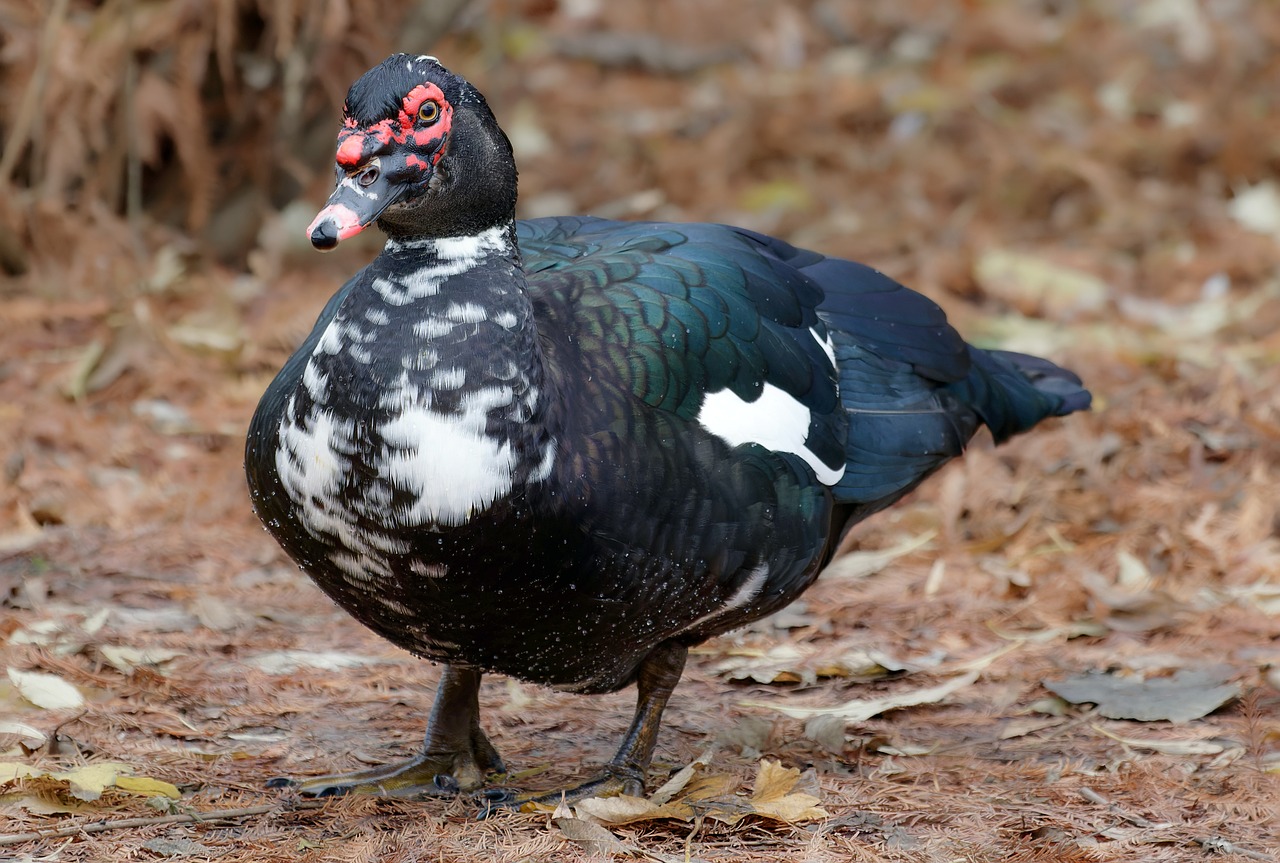
Call Duck Incubation Time
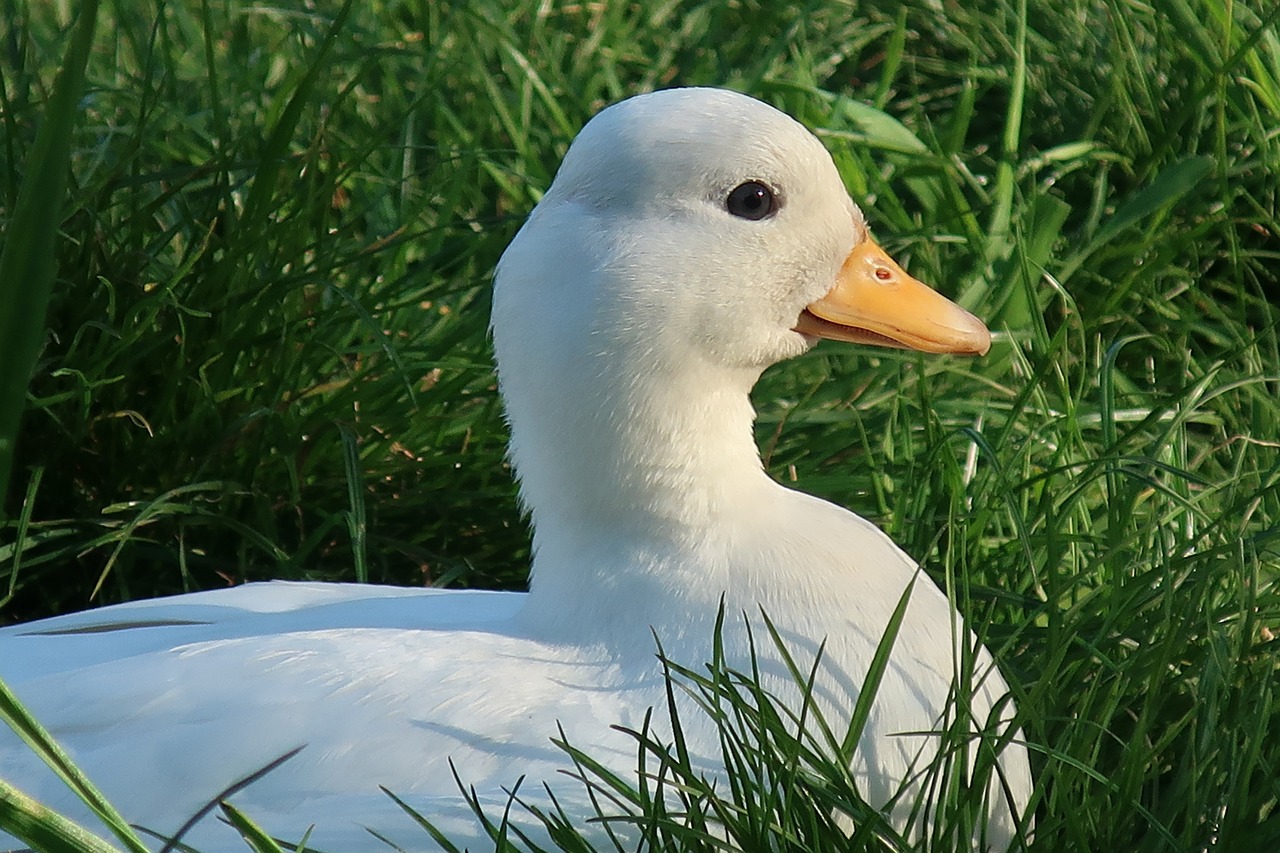
Magpie Duck Incubation Time
For more information about magpie duck incubation time and how to incubate them specifically, head over to my article "How Long Does It Take Magpie Duck Eggs To Hatch? (Hint: It's Not 21 Days!)"
Egg Incubation Time Chart For Specific Duck Breeds
Different duck breeds have slightly different incubation periods. While most duck eggs hatch in about 28 days, certain breeds, like the Muscovy, take longer. Use the chart below to find the average incubation time for your specific breed, along with helpful notes on each type of duck.
| Duck Breed | Incubation Time (Days) | Notes |
|---|---|---|
| Ancona | 28 | Medium-sized, fun, spotted pattern |
| Aylesbury | 28 | Large white meat duck, listed as "Critical" by the Livestock Conservancy |
| Black East Indies | 28 | Small ornamental duck, striking green-black plumage |
| Buff or Orpington | 28 | Beautiful ducks that lay well |
| Call Duck | 26–27 | Tiny breed with shorter incubation time |
| Cayuga | 28 | Glossy black feathers, good foragers |
| Crested | Varies | Despite what hatcheries say, this is a genetic trait, and will have the same incubation time as whatever base breed it is |
| Dutch Hookbill | 28 | Rare, distinctive beak shape, listed as "Critical" by the Livestock Conservancy |
| Indian Runner | 28 | Walks upright, generally friendly |
| Khaki Campbell | 28 | This breed is known to be an excellent egg producer |
| Magpie | 28 | Striking black and white pattern |
| Mallard | 28 | Smaller ducks with wild-type coloration |
| Muscovy | 35 | Not Mallard-derived like the rest, so a much different incubation time |
| Rouen | 28 | Similar to Mallards, but much heavier |
| Saxony | 28 | Good dual-purpose breed, hard to find |
| Silver Appleyard | 28 | Heavy, dual purpose breed, very productive |
| Swedish (Blue, Black, Silver) | 28 | Hardy breed with attractive coloring, widely available |
| Welsh Harlequin | 28 | Productive layers, can tell sex at birth |
How long does it take for duck eggs to hatch?
Most duck eggs take about 28 days to hatch. However, some breeds like Muscovy ducks can take up to 35 days.
What is the incubation time for call duck eggs?
Call duck eggs usually hatch a bit faster than standard breeds, typically between around 26 days.
Do all duck breeds hatch at the same rate?
No. While many ducks follow a 28-day cycle, incubation time can vary slightly by breed, genetics, and conditions inside the incubator.
What’s the ideal temperature for incubating duck eggs?
The ideal temperature is 99.5°F (37.5°C) for forced-air incubators. Still-air incubators may need to be set slightly higher to achieve 99.5°F inside the incubator, depending on how the temperature reads when you check it with a thermometer before incubating.
When should I stop turning duck eggs?
top turning the eggs 3 days before hatch for most breeds. This is known as “lockdown,” when the duckling prepares to hatch and movement should cease.
What if nothing hatches by day 28?
If day 28 comes and goes without any signs of hatching, don’t panic . It doesn’t always mean something’s wrong. A few factors can cause eggs to run a little late, including slight dips in incubator temperature, humidity changes, or even just individual variation among the eggs.
Some things to keep in mind:
It’s not uncommon for healthy ducklings to hatch on day 29 or even day 30.
Late hatching is more likely if the incubator ran a little cool.
Don’t open the eggs or intervene unless you’re absolutely sure there’s a problem (and only if you’re experienced).
As long as your temperature and humidity have stayed consistent, give them another day or two before making any decisions. Ducklings have their own timeline, and sometimes they just need a little more time.
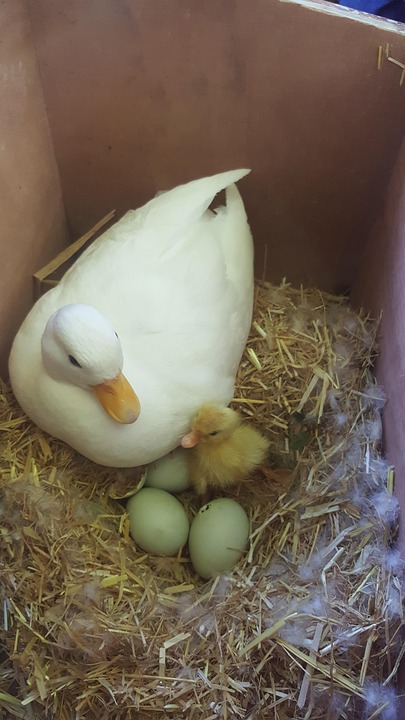
In Conclusion...
In Conclusion...
Every duck is different in its own fun way, and incubation time is no exception. From the extra-long wait for Muscovy eggs to the subtle surprises of Call ducks (and sometimes, even Magpies), understanding what’s normal for your breed can make a big difference in being prepared to hatch them. Whether you’re hatching your very first clutch or adding to your backyard flock, knowing what to expect helps you stay prepared and patient.
